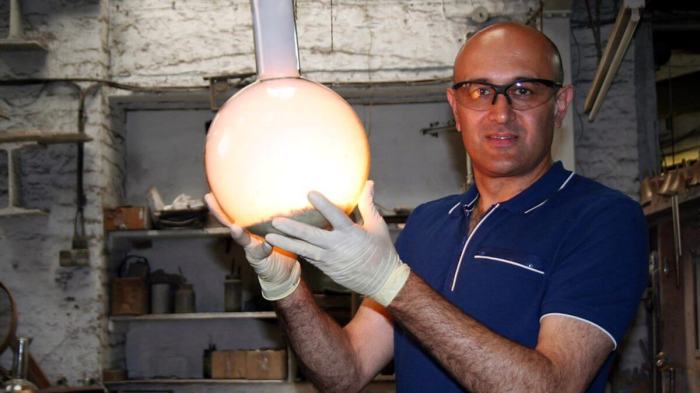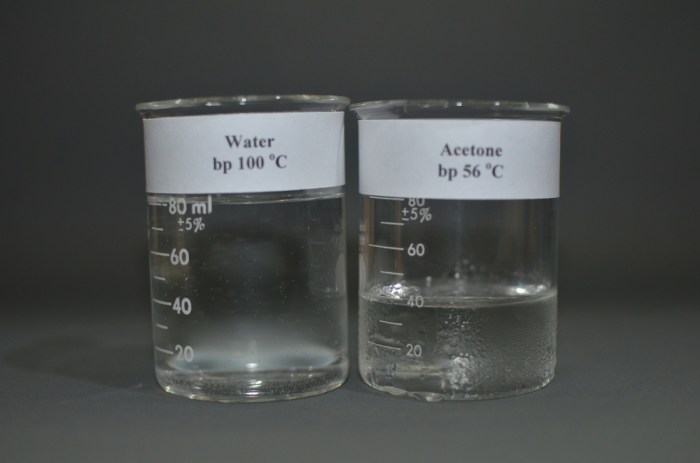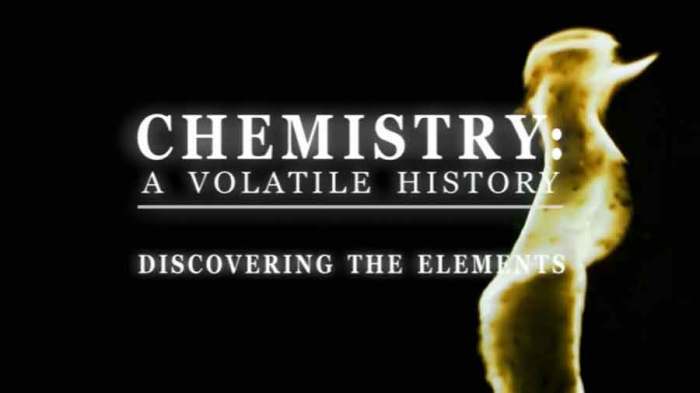Chemistry a volatile history episode 1 answer key – Chemistry: A Volatile History Episode 1 Answer Key embarks on a captivating journey, unraveling the intricate tapestry of chemistry’s past, present, and future. Delving into the societal, scientific, and ethical dimensions that have shaped this dynamic field, this comprehensive guide unlocks a wealth of knowledge for discerning readers.
From the dawn of alchemy to the cutting-edge advancements of modern chemistry, this narrative traces the evolution of chemical practices, their profound impact on human endeavors, and the ever-present need for responsible stewardship of this powerful force.
Historical Context of Chemistry’s Volatility: Chemistry A Volatile History Episode 1 Answer Key

Chemistry, the study of matter and its transformations, has had a volatile history marked by societal factors, scientific advancements, and significant events. Societal factors, such as war, industrialization, and political unrest, have influenced the development and use of chemical substances.
Historical events like the atomic bombings of Hiroshima and Nagasaki showcase the destructive potential of chemistry. Conversely, advancements in chemistry have revolutionized medicine, agriculture, and countless other fields, highlighting its transformative nature.
Scientific Discoveries and Advancements
Scientific discoveries and advancements have played a crucial role in shaping the volatility of chemistry. The discovery of elements, the development of new compounds, and the understanding of chemical reactions have both expanded our knowledge and created potential hazards.
For example, the discovery of radioactivity led to the development of nuclear weapons, while the synthesis of new chemicals has resulted in environmental pollution and health concerns.
Impact of Chemistry on Human Endeavors
Positive Effects
Chemistry has had a profound impact on human civilization, leading to numerous advancements. It has enabled the development of modern medicine, providing treatments for diseases and improving overall health.
- The discovery of antibiotics has revolutionized medicine, saving countless lives.
- Vaccines have eradicated or controlled deadly diseases like smallpox and polio.
Chemistry has also played a crucial role in technological progress. It has led to the development of new materials, such as plastics, fertilizers, and semiconductors, which have transformed industries and improved our daily lives.
Negative Effects
Despite its benefits, chemistry has also had negative consequences. The production and use of chemicals can lead to environmental pollution, harming ecosystems and human health.
- Industrial processes release toxic chemicals into the air, water, and soil.
- Pesticides and herbicides used in agriculture can contaminate food and water sources.
The ethical implications of chemical advancements raise concerns about responsible use and the potential for misuse. Chemical weapons, for example, pose a grave threat to humanity.
Evolution of Chemical Safety Practices

Historical Development
The evolution of chemical safety practices has been driven by a growing awareness of the potential hazards associated with chemistry. In the past, safety protocols were often inadequate, leading to accidents and injuries.
As the field of chemistry advanced, scientists and governments recognized the need for stricter safety measures. This led to the development of safety guidelines, regulations, and standards.
Factors Influencing Implementation
Several factors have influenced the implementation of chemical safety practices, including:
- Industrial accidents, such as the Bhopal disaster, highlighted the need for improved safety measures.
- Public awareness of environmental pollution raised concerns about the long-term effects of chemical use.
- Government regulations and international agreements have established safety standards and protocols.
Impact on Chemistry
Safety regulations have had a significant impact on the practice of chemistry. They have led to:
- Improved laboratory safety procedures.
- Reduced accidents and injuries.
- Increased awareness of chemical hazards.
Chemistry in the Modern World

Chemistry continues to play a vital role in addressing contemporary challenges. It contributes to sustainable practices, environmental protection, and medical advancements.
Sustainable Practices
Chemistry is essential for developing sustainable technologies and products. It enables the production of renewable energy sources, such as solar panels and biofuels.
Chemists are also working on ways to reduce waste and pollution, such as developing biodegradable plastics and recycling technologies.
Environmental Protection, Chemistry a volatile history episode 1 answer key
Chemistry plays a crucial role in environmental protection. It helps monitor pollution levels, develop remediation technologies, and design eco-friendly products.
For example, chemists have developed catalytic converters to reduce vehicle emissions and water treatment technologies to remove contaminants.
Medical Advancements
Chemistry is at the forefront of medical advancements. It enables the development of new drugs, vaccines, and diagnostic tools.
For example, chemists have developed targeted cancer therapies and gene editing techniques that hold promise for curing genetic diseases.
Future Prospects
Chemistry is a rapidly evolving field with numerous emerging trends. These include the development of nanomaterials, artificial intelligence in chemistry, and personalized medicine.
As chemistry continues to advance, it will undoubtedly play an increasingly important role in shaping our future and addressing the challenges of the 21st century.
User Queries
What is the significance of historical events in shaping the volatility of chemistry?
Historical events, such as the Industrial Revolution and the Manhattan Project, have played a pivotal role in highlighting the potential dangers and transformative power of chemistry, leading to the development of safety protocols and ethical guidelines.
How has chemistry contributed to advancements in technology and medicine?
Chemistry has been instrumental in developing new materials, pharmaceuticals, and medical technologies, revolutionizing fields such as electronics, healthcare, and biotechnology.
What are the ethical implications of chemical advancements?
Chemical advancements raise important ethical questions regarding the responsible use of chemicals, the potential for environmental harm, and the need for regulations to ensure the safety and well-being of society.
